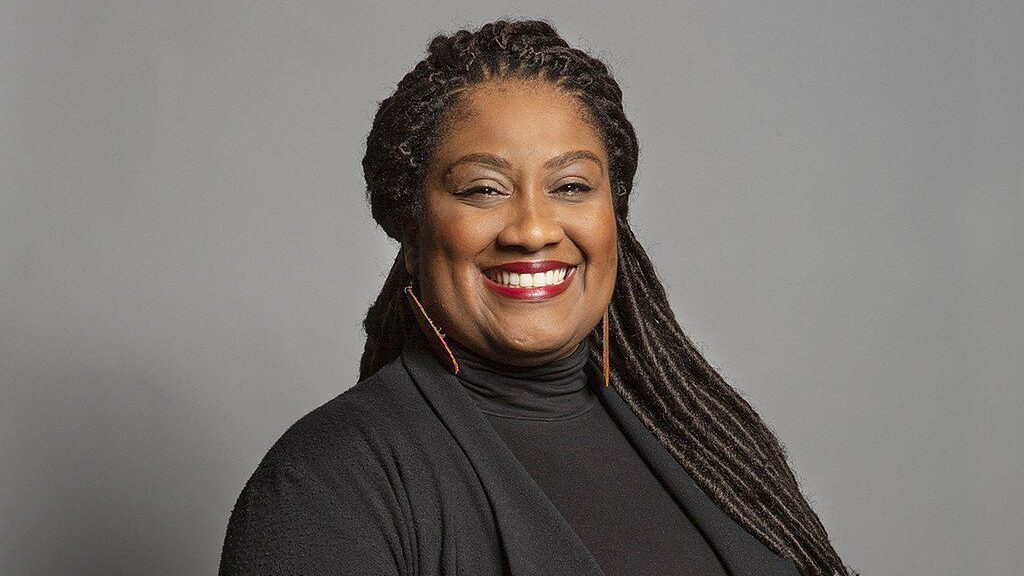
Bell Ribeiro-Addy MP
Photo: David Woolfall, CC BY 3.0, via Wikimedia Commons
Regulating the media would make life easier for Britain’s Labour government and Prime Minister Sir Keir Starmer, one of the party’s MPs has said.
Speaking at a panel discussion at the Labour Party conference in Liverpool, Bell Ribeiro-Addy, MP for Clapham and Brixton Hill, called for state regulation of the press and a tax on media owners so they cannot “torpedo effective progressive policy measures.”
Her words come as the government faces a series of negative stories in the press, including accusations of cronyism, revelations of senior ministers receiving lavish gifts, and damaging leaks regarding Starmer’s top aide Sue Gray.
In an audio recording obtained by the Guido Fawkes political blog, Ribeiro-Addy says:
It’s in the Labour Party’s interest and in the Labour movement’s long-term interest to regulate the media properly instead of making short-term pacts and truces—and if it’s done right, media reform could actually make Keir Starmer’s job a lot easier, and effective media reforms would make effective government much easier.
The MP, who is regarded as being on the Left of the Labour Party, called for state regulation of newspapers to make sure they are not “marking their own homework,” and for state subsidies for “independent journalism” paid for by a tax on “evil tech giants.”
She also called for a further tax on “the wealthy owners of [media] companies so they can’t throw their weight around and torpedo effective progressive policy measures.“
One media outlet Ribeiro-Addy does want to protect, however, is the BBC—which is frequently criticised for having a left-liberal bias. Another of her recommendations was to “safeguard the independence of the BBC by removing the threat of charter renewal.”
The BBC’s governing royal charter has been renewed every ten years since the corporation’s founding in 1927. Abolishing the need to renew it would remove a key way of holding the broadcaster to account.
Ribeiro-Addy also called for “Leveson 2,” a reference to the Leveson Inquiry, a public investigation into the practices of the press sparked by the late 2000s phone-hacking scandal where journalists hacked the voicemails of celebrities, politicians, and crime victims.
The subsequent report recommended the creation of a new, independent press regulator, but stopped short of calling for government control.
A second part of the inquiry—Levenson 2—was shelved, but anti-press freedom campaigners have continually called for it to be resurrected in the hope it will lead to far heavier regulations.
Although she is only a backbench MP, it is likely more senior Labour figures share Ribeiro-Addy’s sentiments. Before July’s general election, the party tried to torpedo the repeal of Section 40 of the Crime and Courts Act 2013. This never-enforced regulation would have forced publishers to pay legal costs for both sides in defamation and privacy cases if they were not members of a state-backed regulator.
The section was successfully repealed but there are fears the Labour Party, now in government, could try to revive it.
Similar moves are afoot in Spain, where the left-wing government has unveiled plans to create a state registry of media organisations. While the government insists the body will be independent, critics point out that its president was a cabinet advisor just four years ago.
